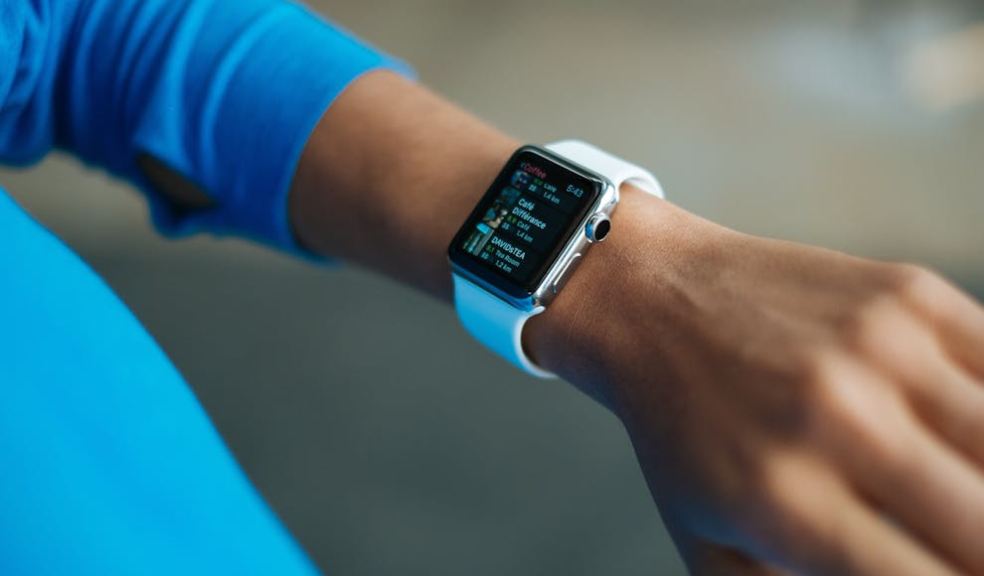
What’s New in Lifestyle Tech for 2025
The world of consumer technology never stands still, but 2025 is a watershed year. We're moving beyond connectivity for connectivity's sake to a new era of smart, proactive, and invisible integration. This year, the devices and gadgets entering the fray aren't about doing more; they're about doing more for you, frequently before you ever have to ask. From the garments you put on to the air you breathe in the home, technology becomes ever more intuitive and integrated into everyday life, which aims to simplify, customize, and improve your well-being. It's one where your devices are in harmony, knowing what you need before you do, and delivering a truly connected way of life.
The Emergence of Contextual and Predictive AI
As much hype as AI has generated for years, it is 2025 that really ushers it from novelty status to its place as a core part of our technology. It's not about chatting up a clever assistant; it's about an entire new generation of "ambient intelligence" in which devices learn your routines and requirements.
For example, smart home devices are starting to go beyond mere commands to "turn on the lights." They can now analyze data from integrated sensors and your daily routine to forecast your energy requirements, adjusting temperatures and lighting automatically to set up the ideal ambiance even before you step into your home.
This forecasting capability also applies to individual health. New wearable technology, including the newer smart watches and smart rings, is employing AI to examine an unprecedented volume of biometric information. They don't simply inform you of your heart rate; they can provide customized recovery tips based on your sleep and stress levels, or even give you early alerts for possible health problems. The difference here is proactive care, which is providing you with the information to make smarter choices before issues happen.
For the consumers who are interested in bio-hacking and improving their individual well-being, this new generation of technology brings a level of knowledge that was once exclusive to clinical environments.
This trend towards personalized technology is so prevalent that even specialty industries are jumping on board, with boutique retailers and knowledge centers serving as an immediately accessible source for hobbyists. Sites such as VapeExperts, for instance, are capitalizing on these trends by offering extensive reviews and product details on new vaporizers, enabling consumers to make highly educated choices within a particular product class.
Next-Generation Wearables: Beyond the Wrist
Smartwatches have taken over the wearables market, but 2025 is experiencing a diversification of form factors.
The smart ring is especially building up significant steam as a modern, slim alternative. Oura and Samsung are leading the charge, putting out devices that monitor overall health from sleep quality to body temperature in an undetectable, comfortable package. Their appeal is their simplicity and extended battery life, which usually lasts for days on a single battery charge and offers an unobtrusive data stream that does not require constant screen input.
Beyond rings, smart clothes are also advancing, with integrated sensors that can track vital signs and performance during exercise. These intelligent fabrics are seamless, comfortable, and washable, expanding the possibilities of what can be tracked and measured.
The information from these wearables is increasingly interconnected, informing an entire health ecosystem that involves smart scales, smart mirrors, and even smart beds that monitor your sleeping patterns without you having to wear anything at all.
The Connected Home: Smarter, More Seamless, and Sustainable
The smart home is finally living up to its full potential this year, thanks in great part to the common adoption of universal standards such as Matter. This eliminates one of the biggest pain points for consumers: guaranteeing that devices from various manufacturers are able to communicate with one another with ease. This new interoperabilityallows you to now integrate your smart thermostat with your lighting setup and security cameras with ease, all from one app.
Personalized Content and Entertainment
How we watch media is also being drastically upgraded by technology. Smart televisions and streaming boxes are now using generative AI to personalize content with never-before-seen accuracy, not only suggesting shows based on what you watch but also designing personalized interfaces and even generating short-form content specifically for your individual tastes. The aim is to end choice paralysis and have each viewing experience feel bespoke.
Portable sound is also evolving, with new speakers and headphones providing tailored sound profiles that adapt to your personal hearing and listening habits.
This is more sophisticated than basic equalizer settings, employing complex algorithms to construct a personalized sound experience that is optimized for your ears. This over-personalization is really all about making technology not seem like a gadget and more like an extension of your own senses, whether you're just kicking back to some music or immersing yourself in some new show.
Conclusion
The life-tech of 2025 is characterized by some central themes: intelligence, integration, and personalization.
The new products aren't merely introducing new features; they're getting more intuitive, more networked, and more intricately woven into the tapestry of our existence. As these trends develop, the distinction between technology and lifestyle will become ever more eroded, shaping a future that is not only intelligent but also more personal and interconnected.













